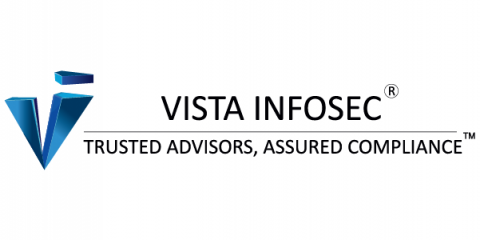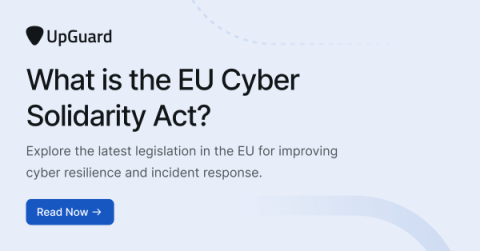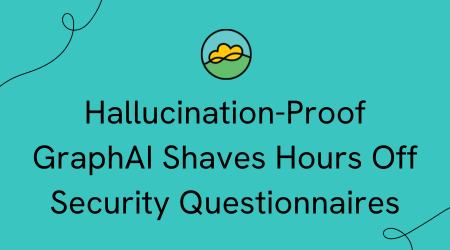Defense-in-Depth for Secrets Management: Discovery, Visibility, Leak Detection and AI
In the past, many security teams considered securing secrets enough – if your secrets were secured, you were good. While you’re still kind-of-good staying on this course, security professionals increasingly recognize that just securing secrets is not enough – organizations require a more sophisticated solution to help protect themselves in today’s increasingly sophisticated threat landscape.











